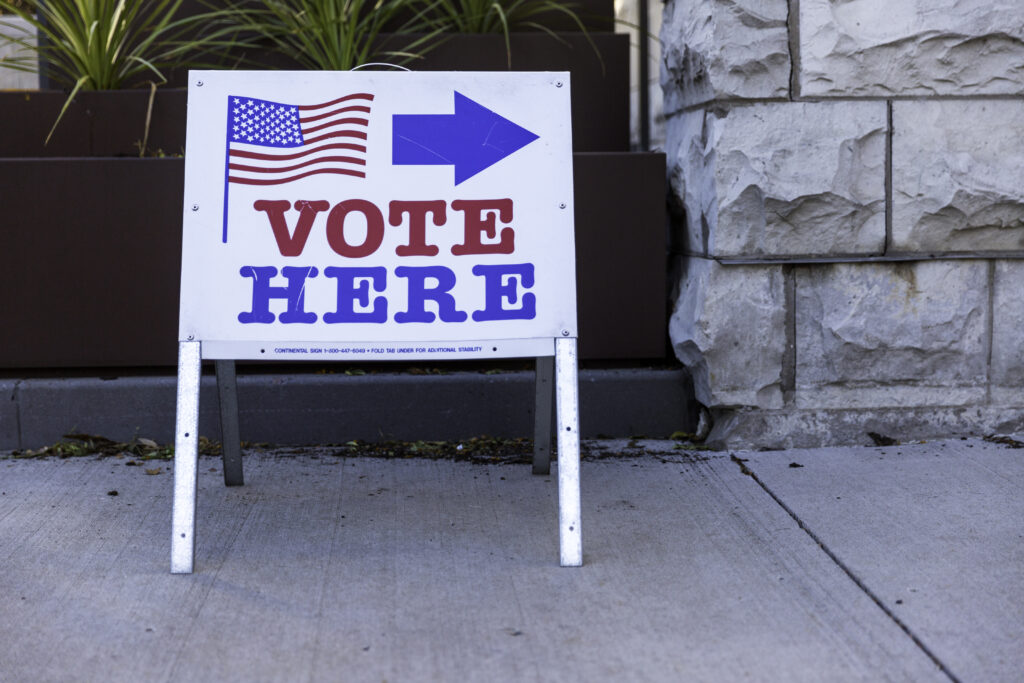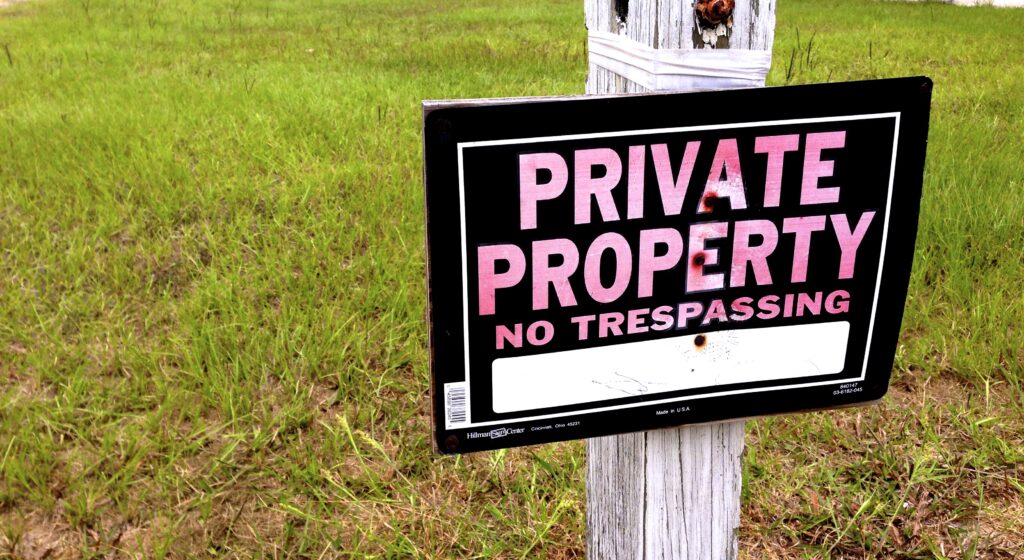After the Federal Communications Commission (FCC) voted to stop using the Telecommunications Act of 1934 to regulate internet service providers’ (ISPs) agreements with content providers, California state Sen. Scott Wiener (D-San Francisco) is proposing a bill that would reinstate the regulation in his state.
FCC approved the Restoring Internet Freedom Order in December 2017, rolling back the 2015 Open Internet Order, an Obama-era regulation enforcing “net neutrality,” a prohibition against ISPs deciding how to direct data traffic to consumers.
The bill, introduced on January 3, would prohibit ISPs doing business in the state and using government-owned right-of-ways from entering prioritization agreements in which content providers pay fees to avoid congested network routes.
State Measures Overruled
Adam Summers, a research fellow with Independent Institute, says the Restoring Internet Freedom Order prohibits states from doing what Wiener’s bill effectively proposes.
“The Order states that the FCC ‘preempts any state or local measures that would effectively impose rules or requirements that we have repealed or decided to refrain from imposing in this order or that would impose more stringent requirements for any aspect of broadband service that we address in this order,'” Summers said. “The FCC acknowledges that states maintain the right to regulate ‘general commercial dealings,’ but only ‘so long as the administration of such general state laws does not interfere with federal regulatory objectives.'”
Trusts Markets, Not Lawmakers
Summers says free-market principles are better at organizing networks and resources, including the internet, than politicians.
“Free markets are far more efficient at offering services, determining appropriate prices, fostering innovation, and allocating scarce resources than government control,” Summers said. “I would much rather trust in the pressures put on providers by their millions of customers and numerous competitors eager to steal their market share by better serving customers than in a handful of politicians and bureaucrats in Washington, DC or Sacramento.”
Says Wording Is ‘Ambiguous’
Berin Szoka, president and founder of TechFreedom, says the bill’s language and legal enforceability are unclear.
“What Ajit Pai’s Restoring Internet Freedom Order says is that the states can continue to enforce laws of general applicability,” Szoka said. “Wiener’s wording is very ambiguous here, because he says ‘regulate business practices to require net neutrality.’ In some sense, yes, California can do that, in the same way the Federal Trade Commission can do that. In other words, if a company essentially promises net neutrality, which broadband companies do—they all do—you can hold them to their promises.”
Effect on Investment
More government control over the internet will lead to less capital investment in California, Szoka says.
“You can control the rates that they charge, how they deploy their networks, and so on,” Szoka said. ‘The question is, what does that uncertainty about the regulatory status of broadband in California do to investment? It’s not going to help. That kind of uncertainty will have an effect. It will, on the margins, discourage investment.”




